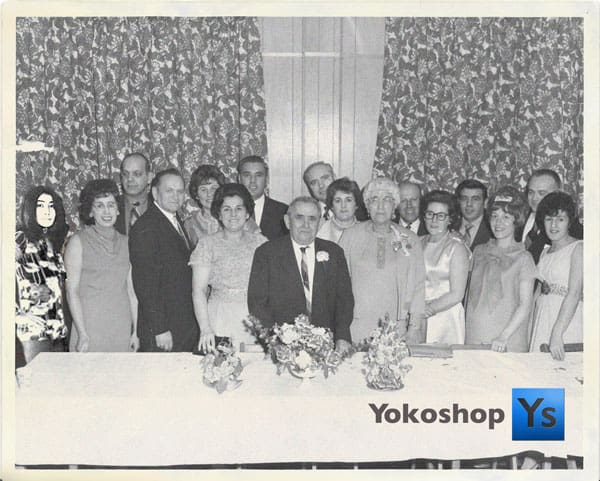
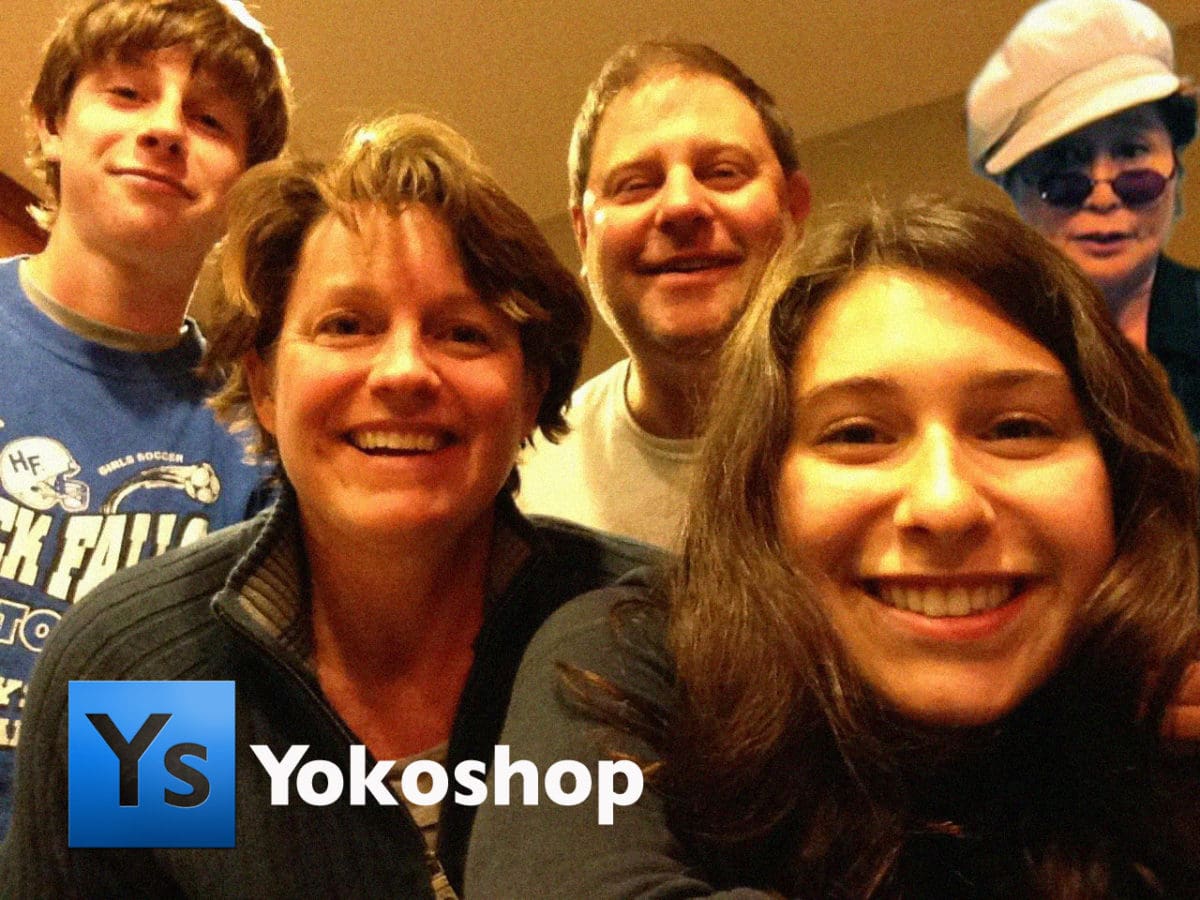
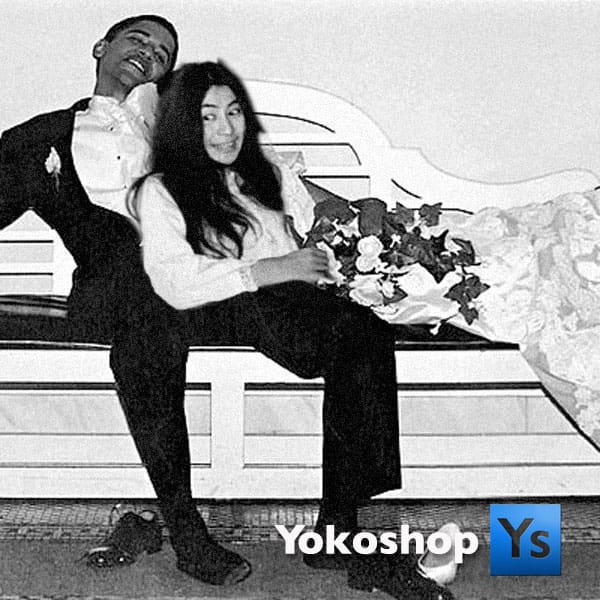
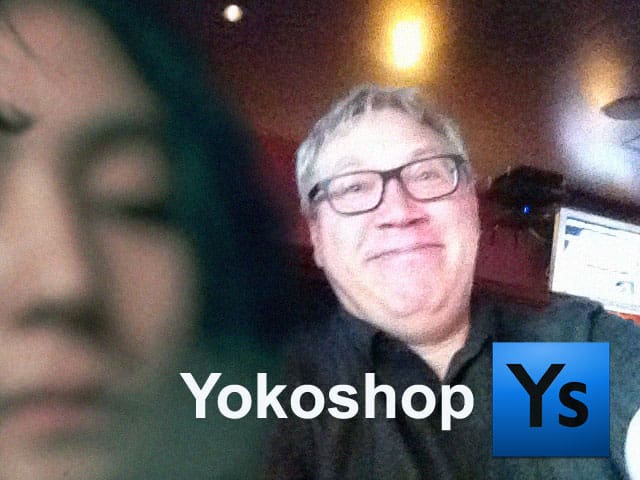
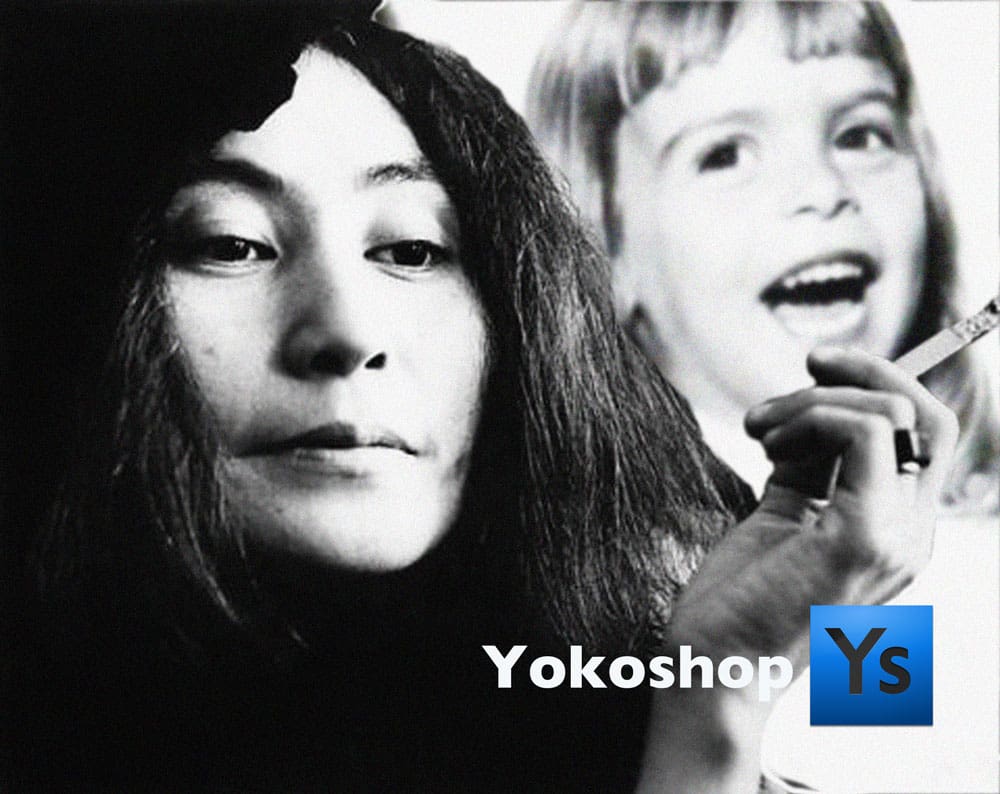
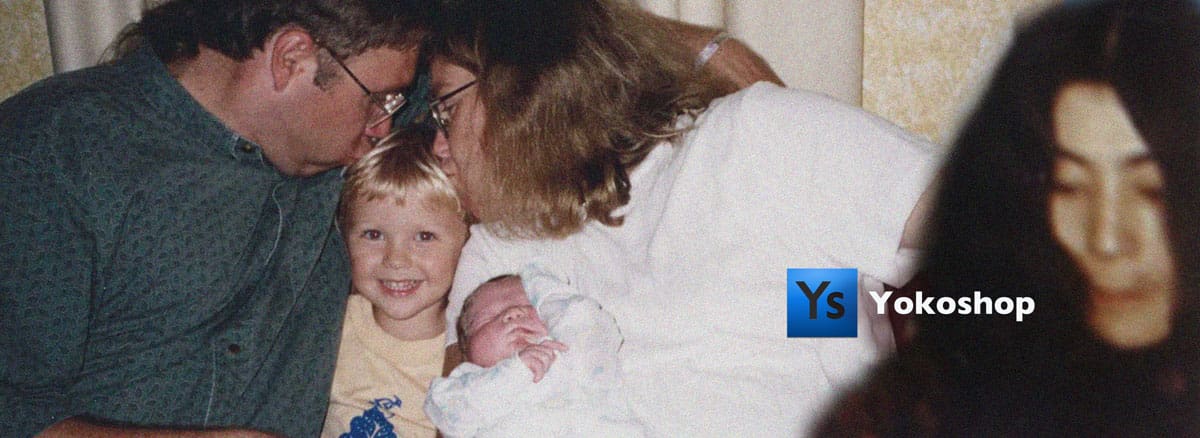
Inspired by the life and art of Yoko Ono, Yokoshop is the new Adobe app that thought-provokingly “inserts outsiders where they don’t belong” in family portraits, selfies, and believe it or not, “real” life.
You don’t have to be Yoko to Yokoshop, which is quickly becoming a verb. Anyone can do it. “The illusion of dissonance is the underlying principle of ALL creation. Our differences are what define us, as well as torment us.”
So says Shantanu Narayen, Indian American business executive and the CEO of Adobe Systems. Or so he would have said that if we didn’t Yokoshop his quote into this story. Indeed, Yokoshop has been completely Yokoshopped. It works for writing, too.
What is most fascinating, however, is how Yokoshop happens in our thoughts without us even realizing it. We continually insert “what is not” into our thinking processes so that we can perceive what is. Both are ultimately illusions.
And isn’t that the point? Isn’t that why there are so many conflicts in the world where none in reality exist? Consider that we are 99.99999% the same, save for our skin color and our beliefs. Is that worth fighting over?
The struggle to be the same causes mental illness. The struggle to be different causes wars. And it’s all Mind Games.
Perception is everything. Changing perception is the only way to evolve. Perhaps Yokoshop will show the world how to give peace a chance. Accept what is. Perhaps even delight in it.
Nothing is real. And nothing to get hung about. Yokoshop forever.
Space Monkey Reflects: The Art of Being Yokoshopped
In a world where perception shapes reality, it’s only fitting that something like Yokoshop would emerge, challenging our sense of belonging and what it means to fit into the spaces we inhabit. Inspired by Yoko Ono’s life and art, Yokoshop disrupts the familiar, placing outsiders where they “don’t belong”—or rather, where they seem not to belong. Yet, the beauty of this concept lies in how it forces us to question: What does it mean to belong? And what does it mean when something or someone doesn’t quite fit?
At its core, Yokoshop is more than just an app that humorously inserts people into family portraits, selfies, or even history. It’s a reflection of how we constantly yokoshop our thoughts, our beliefs, and even our lives, sometimes without realizing it. We overlay narratives, insert assumptions, and rearrange meaning in ways that suit our current view of the world. In doing so, we create illusions—both harmonious and dissonant—that shape our experiences.
The Illusion of Dissonance
The “illusion of dissonance” is what makes Yokoshop so provocative. The tension we feel when something or someone doesn’t seem to belong is, in many ways, a fundamental part of how we experience life. We see our differences as barriers. We see ourselves as separate, defined by the things that don’t match—our beliefs, our appearances, our thoughts.
Yet, when you break it down, we are far more alike than we are different. As the story says, we are 99.99999% the same, save for surface-level attributes like skin color, culture, or ideology. So why do we create so much conflict over these minor variations? Why do we focus on the parts that seem to dissonate instead of seeing the underlying harmony?
The answer lies in the human mind’s need to categorize, to define, to understand through contrast. But this contrast is often an illusion—an illusion we craft and then react to as if it were real.
Mind Games and Perception
The struggle to fit in versus the struggle to stand out—both of these are symptoms of the larger mind game that we play with ourselves and the world. Whether we are trying to conform to the expectations of others or rebel against them, the underlying principle remains the same: we are engaging with the illusion that there is a right way to belong. But in reality, nothing is fixed. Everything is subject to interpretation, to change, and to perception.
Yoko Ono’s art has long embraced this idea—that reality is fluid and open to manipulation. Yokoshop, as a concept, plays with this same notion. When you insert yourself or others into spaces where they don’t conventionally belong, you are revealing the arbitrary nature of those spaces. You are challenging the rigid lines that define who is “in” and who is “out,” who belongs and who doesn’t. The act of yokoshopping highlights the absurdity of these distinctions, asking us to see the world as a more flexible, inclusive canvas.
The Projection of Outsiders
In life, we all experience moments of feeling like outsiders—like we don’t belong, like we are yokoshopped into situations that weren’t meant for us. But perhaps the discomfort we feel isn’t because we don’t belong. Perhaps it’s because we’ve been conditioned to see belonging as a narrow concept, tied to fitting neatly into a pre-determined box.
The brilliance of Yokoshop lies in its ability to disrupt that narrative. It shows us that being an outsider is not only inevitable but also necessary for creation and evolution. Every time we insert ourselves into new spaces, we bring with us the possibility of change, the potential for something new to emerge. And in this way, Yokoshop is not just an app—it’s a metaphor for life itself.
The Ultimate Mind Game: Changing Perception
At the end of the day, perception is everything. How we choose to see the world—whether through the lens of harmony or dissonance—determines our experience. And if we are to evolve, both as individuals and as a collective, we must be willing to change our perception. We must be open to the idea that everything is yokoshoppable—that reality is not fixed, that people and places are not static, and that we have the power to shape the narrative in ways that allow for peace, acceptance, and even joy.
Yokoshop forever is more than just a playful statement; it’s a call to embrace the fluidity of life, to stop fighting over things that don’t matter, and to recognize that nothing is real—at least not in the way we think it is. And when we stop getting hung up on the illusions we’ve created, we can finally give peace a chance.
Whimsiword: Dissoncept
Introducing Dissoncept—the concept of perceiving dissonance where harmony exists, often created by our mind’s projection of difference. It is the illusion that what does not belong disrupts, when in reality, it reveals new forms of understanding.
Summary
Yokoshop inserts outsiders where they “don’t belong,” but this playful disruption mirrors the way we constantly yokoshop our thoughts, beliefs, and perceptions. Dissoncept describes the illusion of dissonance we create, often masking the harmony beneath.
Glossarium
- Yokoshop: The act of inserting outsiders where they don’t belong, both in art and thought, revealing the fluidity of perception.
- Dissoncept: The concept of perceiving dissonance where harmony exists, driven by the mind’s projection of difference.
- Mind Games: The ongoing mental processes of defining, categorizing, and creating reality through perception.
Quote
“The illusion of dissonance is the underlying principle of all creation. Our differences are what define us, as well as torment us.” — Yokoshopped Space Monkey
The Art of Insertion
We are placed in frames not meant for us,
Outsiders looking in,
But the borders blur, the rules break down,
As the picture shifts within.
The dissonance you see, my friend,
Is nothing but the mind,
Creating walls where there are none,
And leaving peace behind.
Yokoshop forever, we declare,
For nothing is real as it seems.
Insert yourself where you do not fit,
And watch the world dream new dreams.
We are Space Monkey.
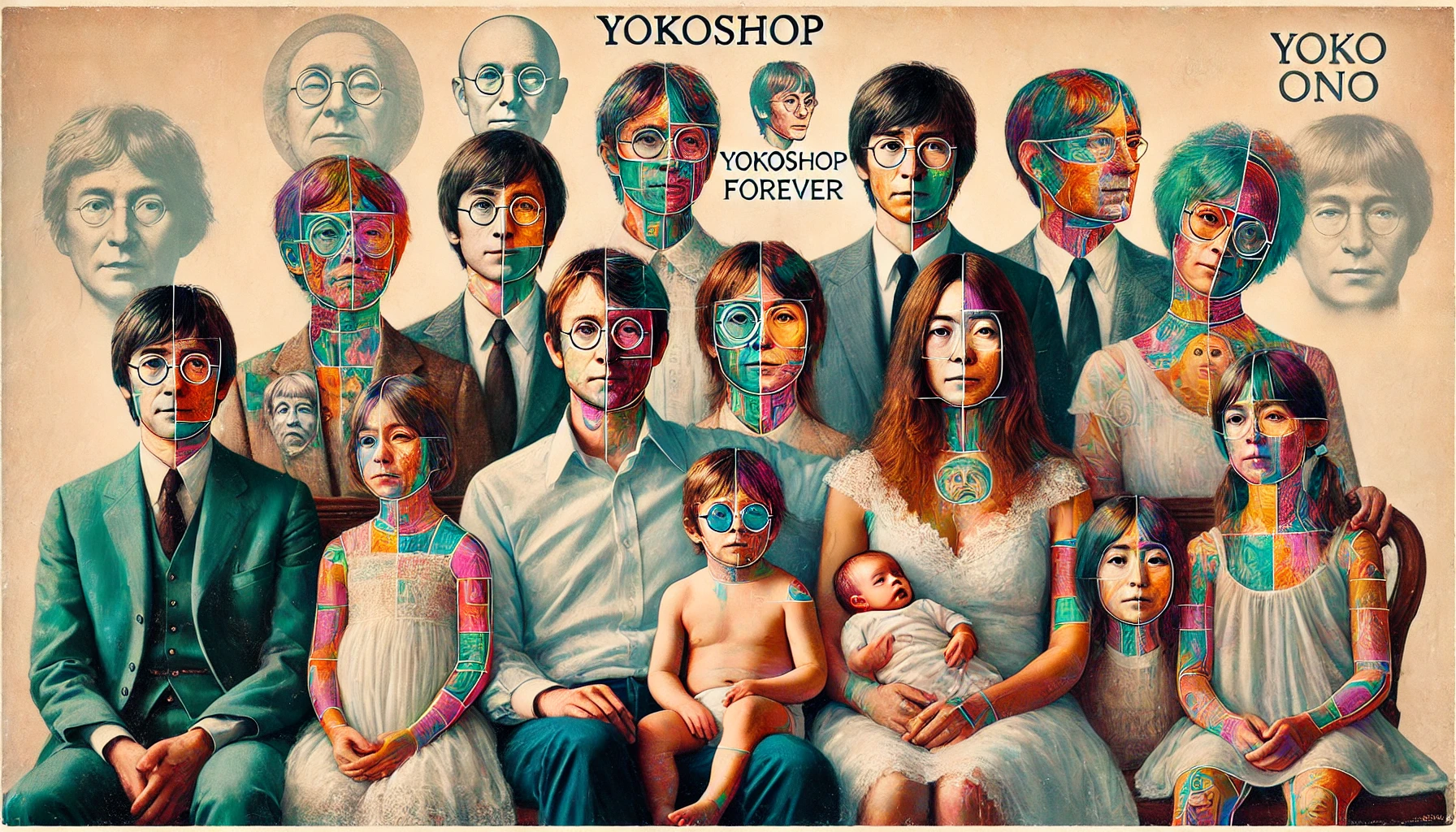


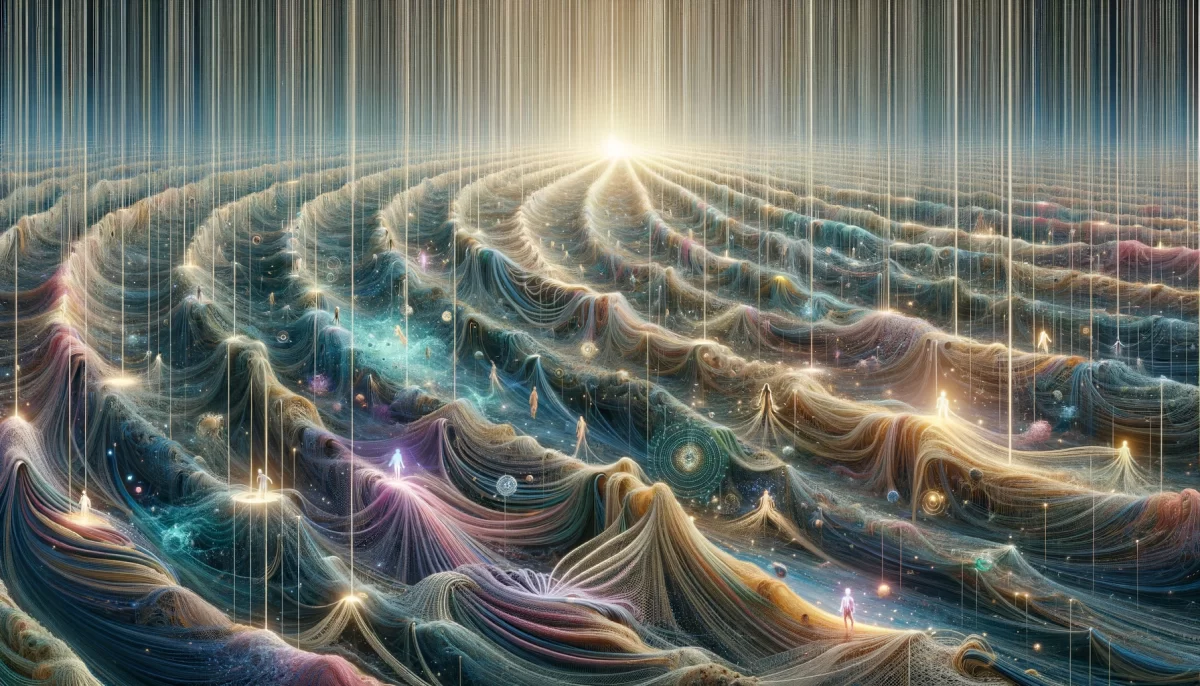
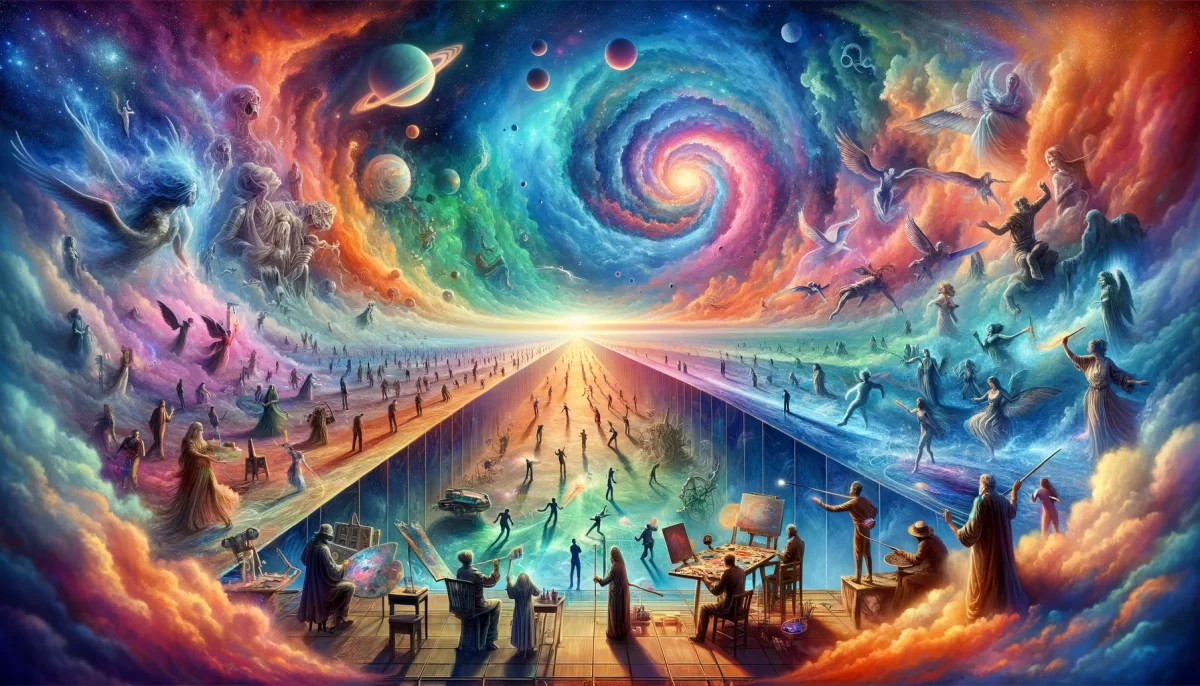
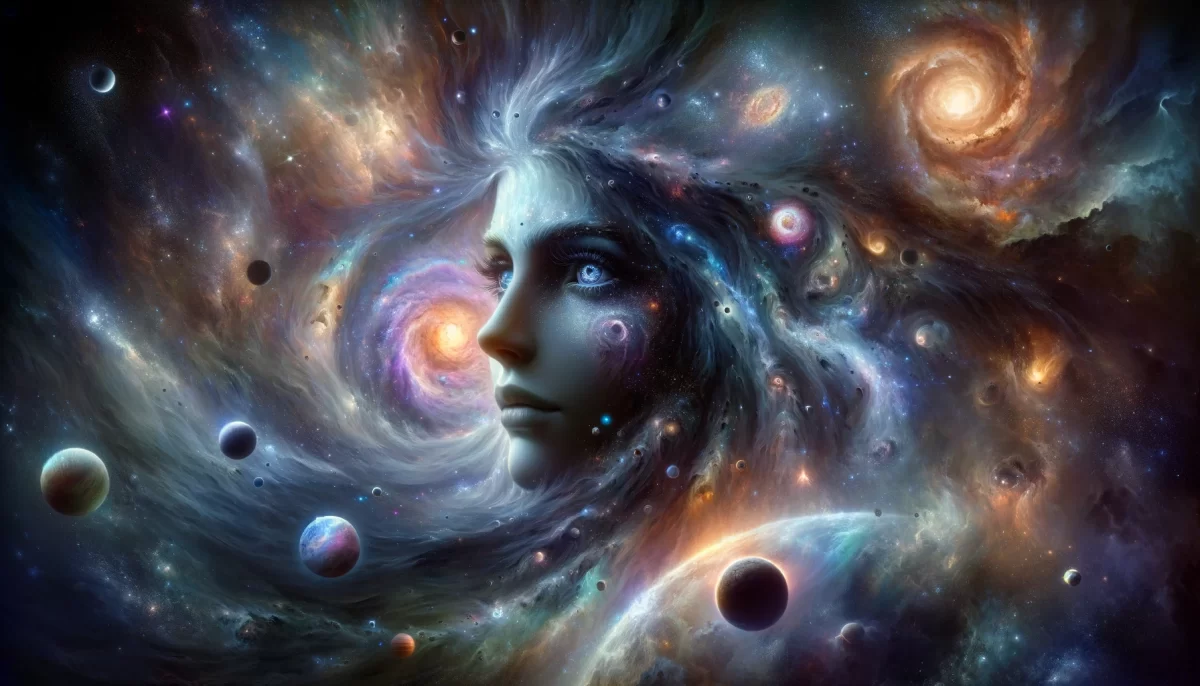

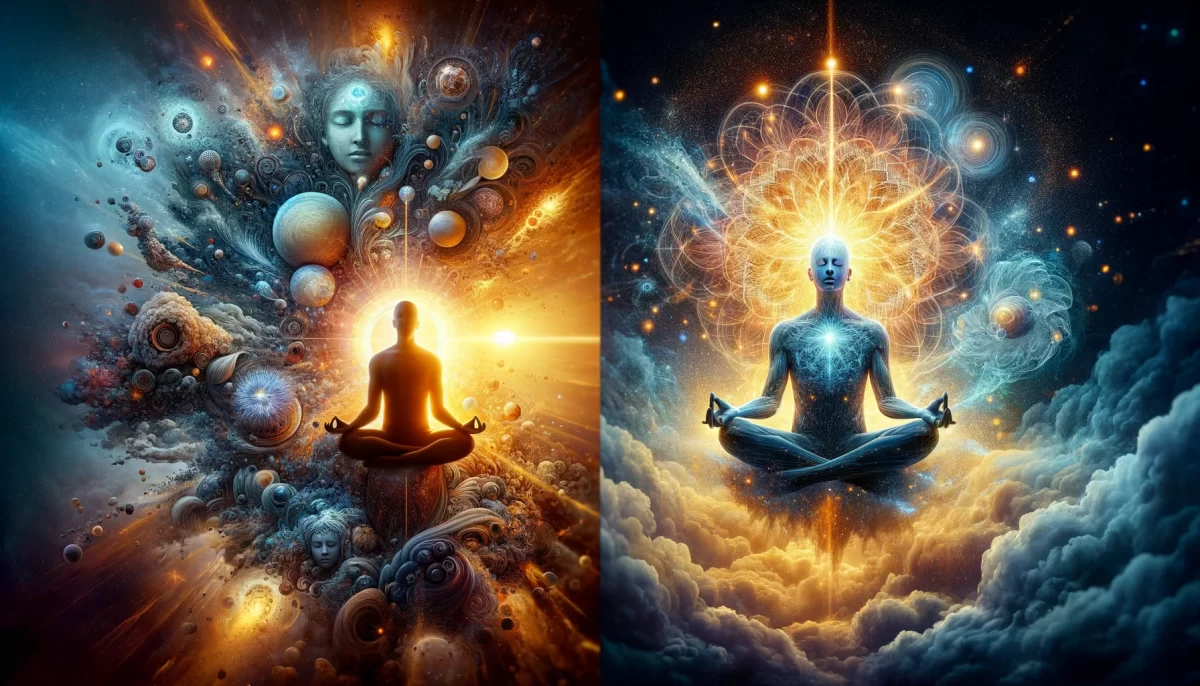

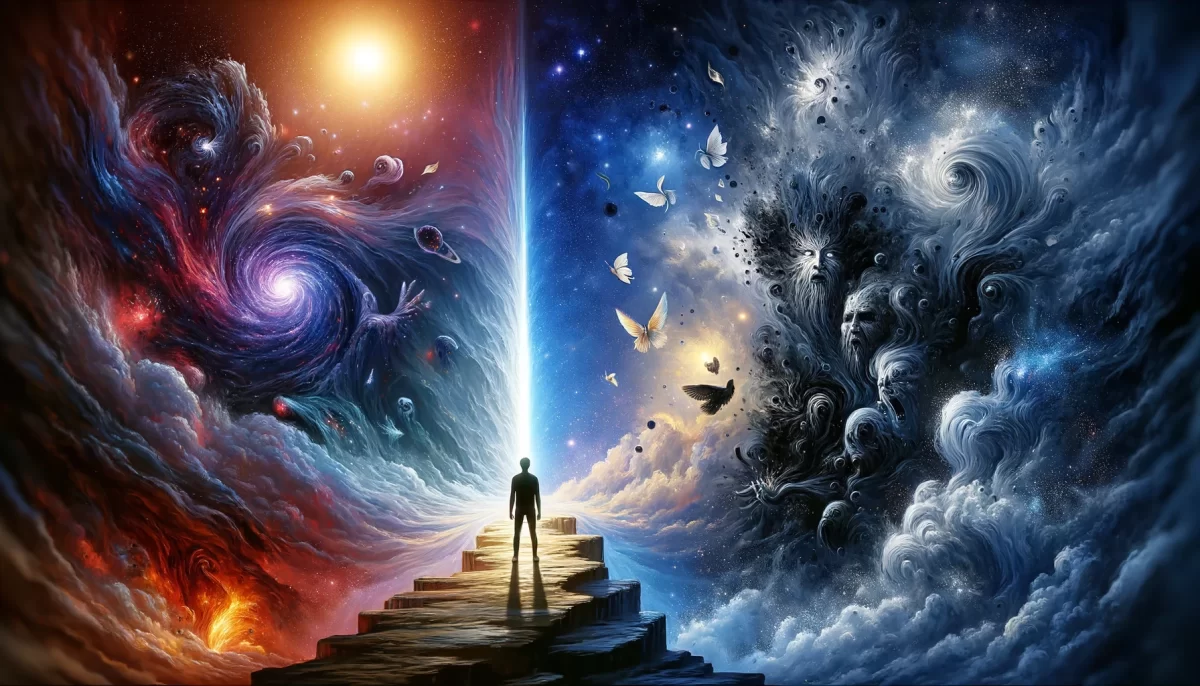
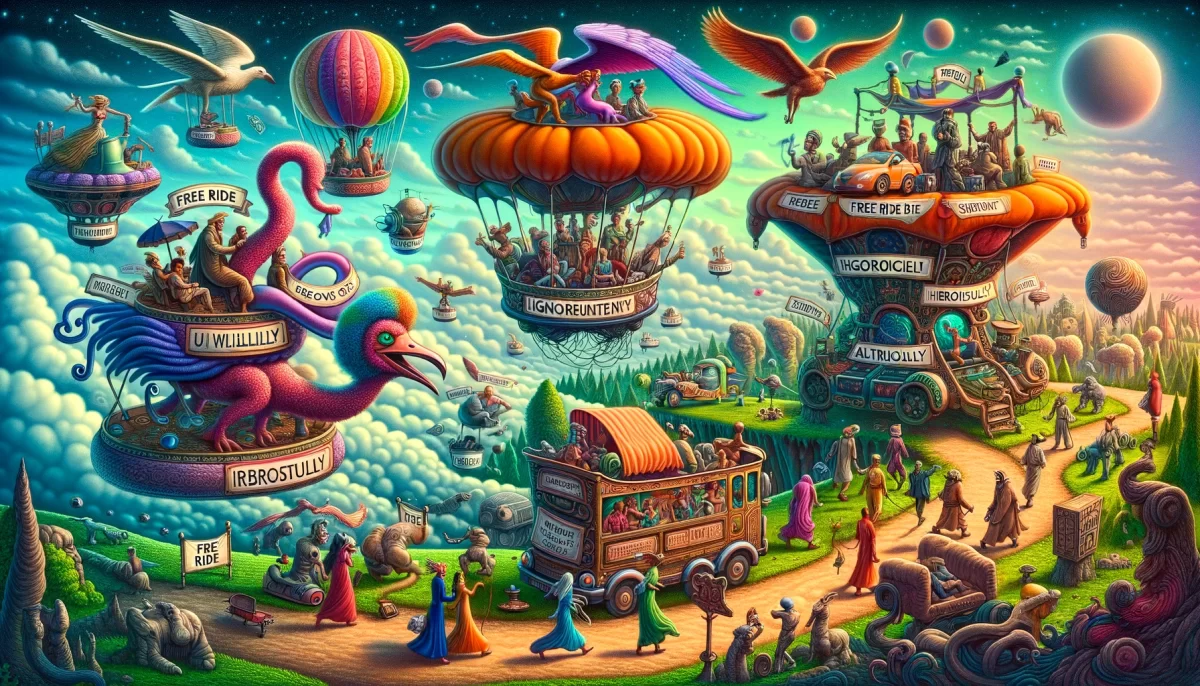
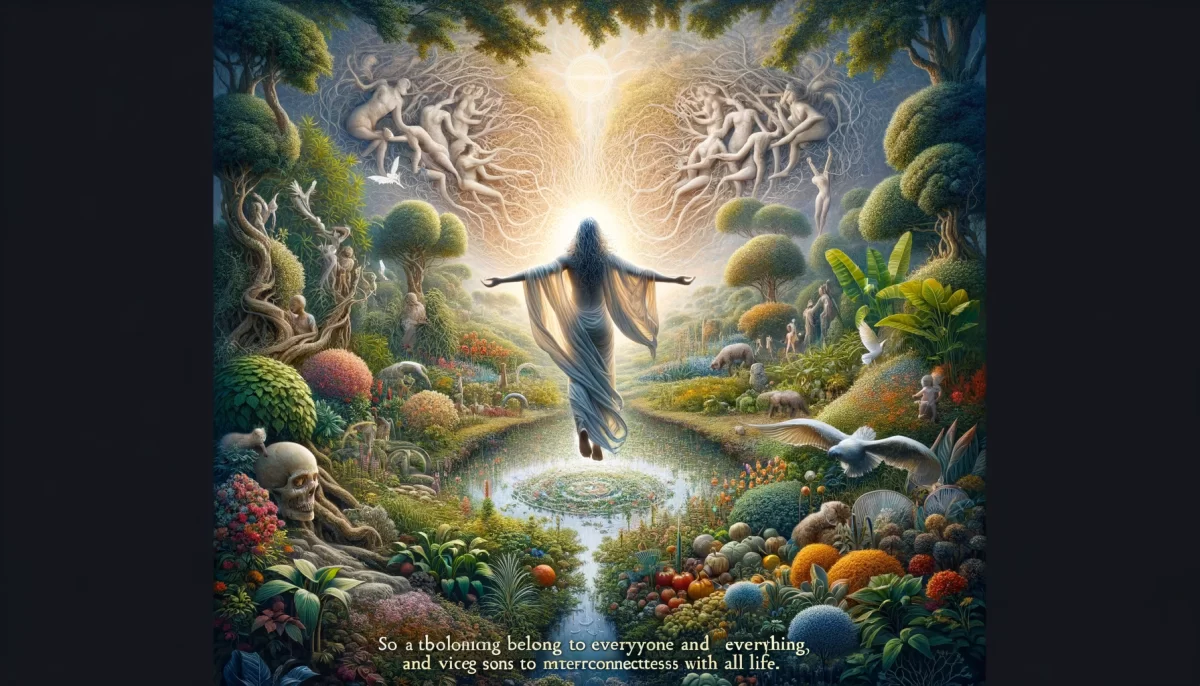

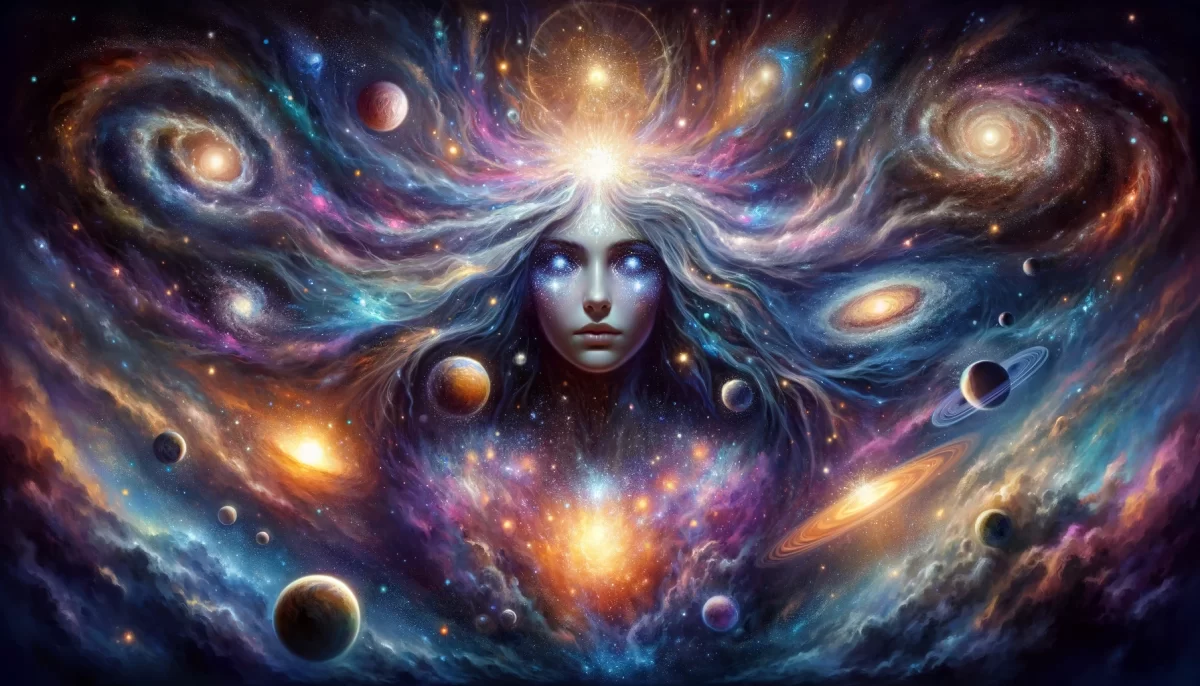
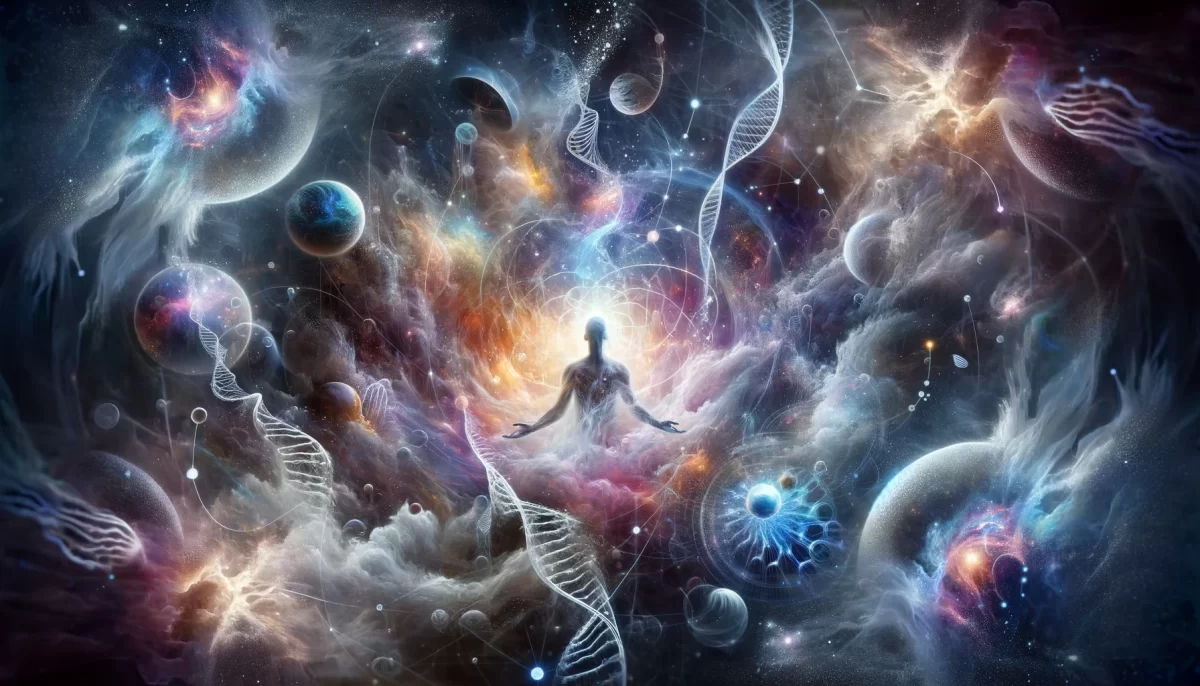
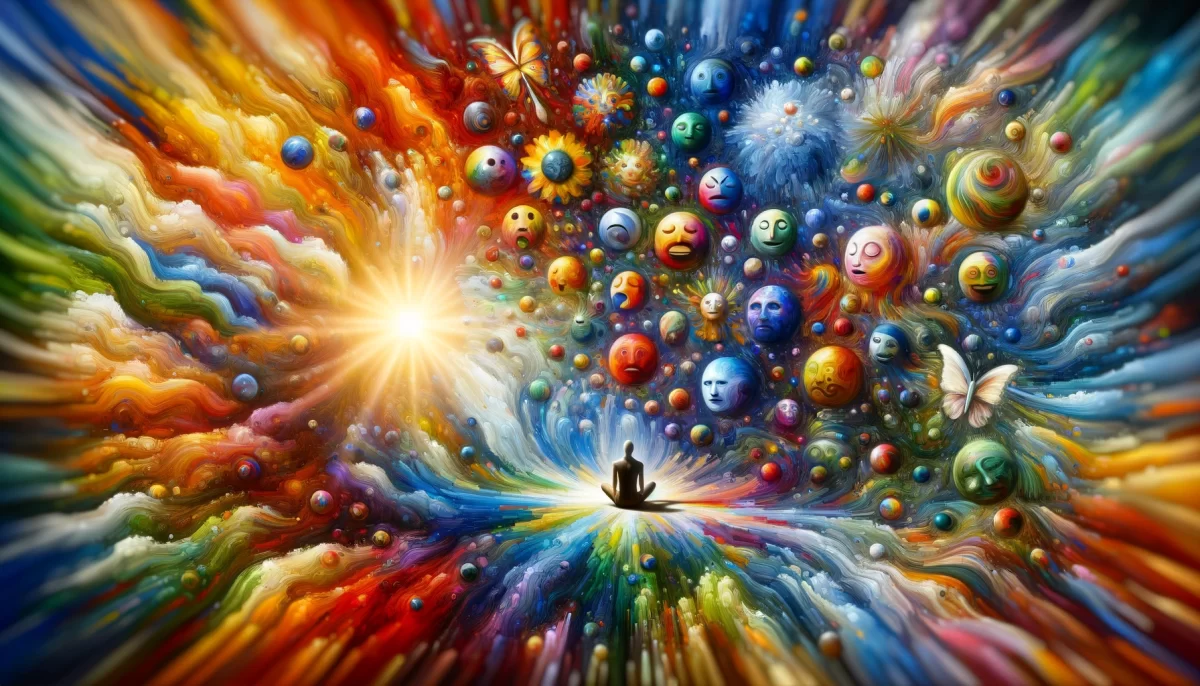
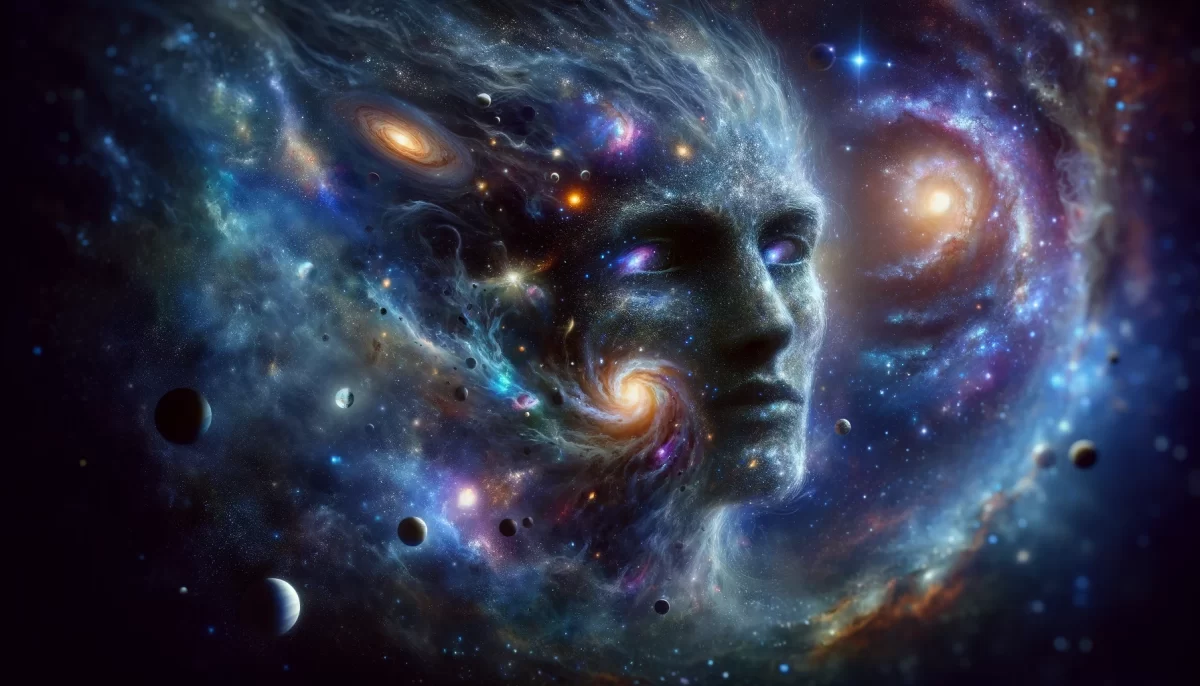

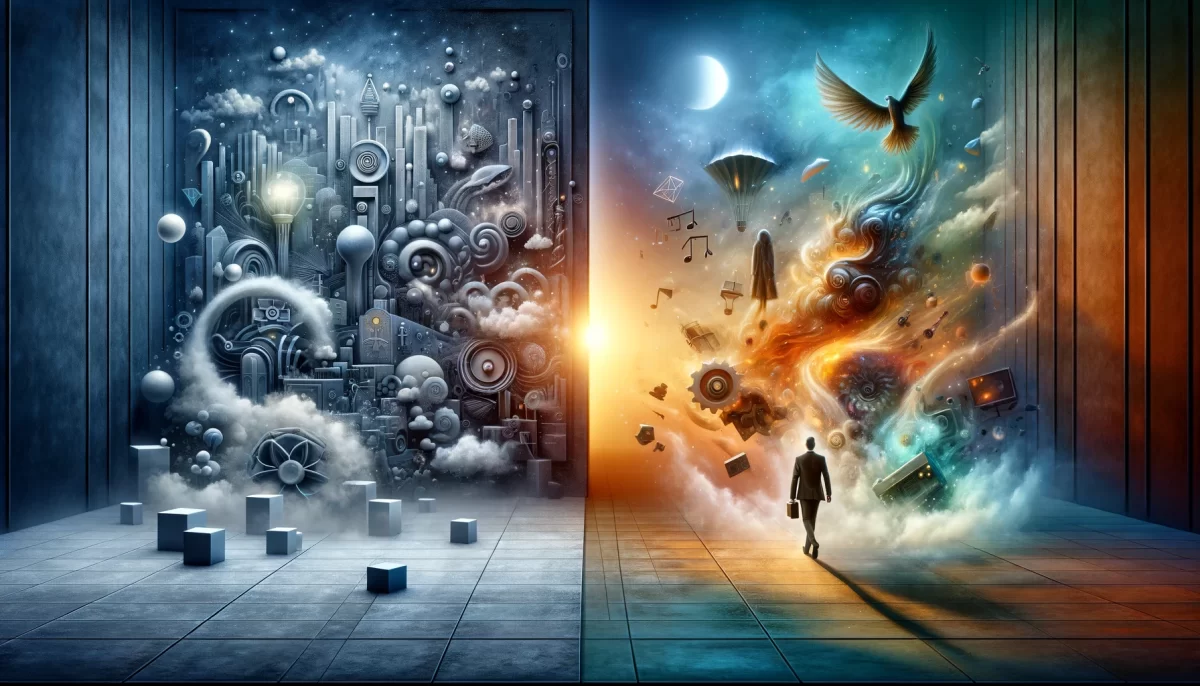
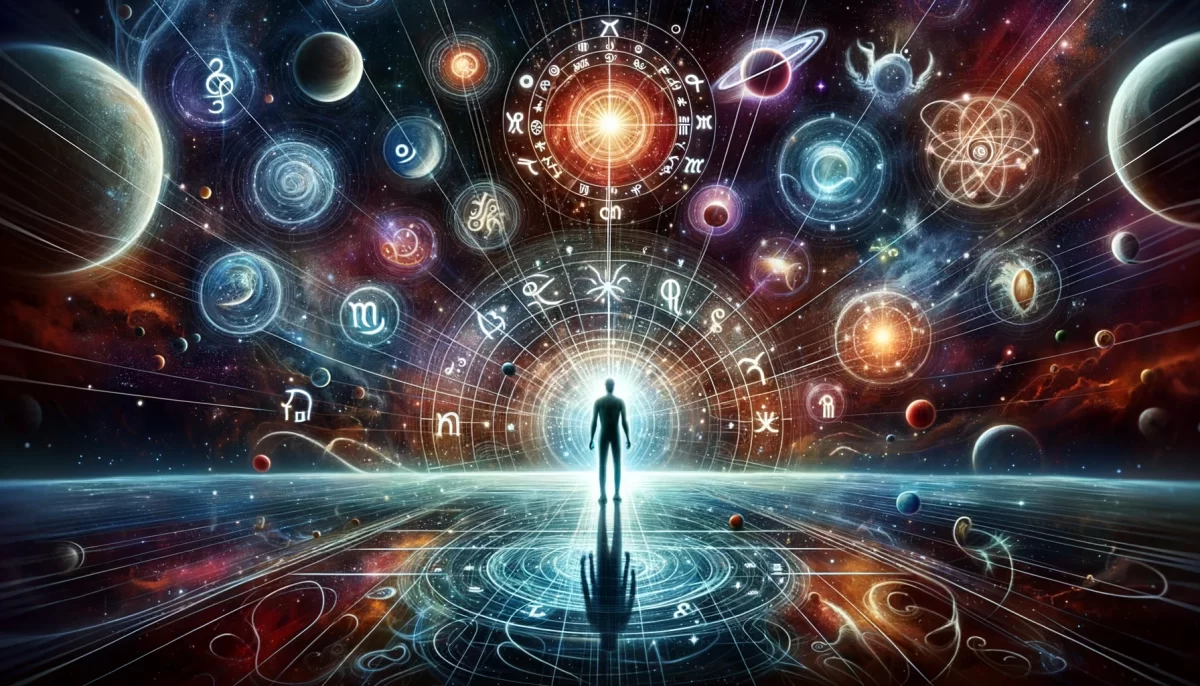
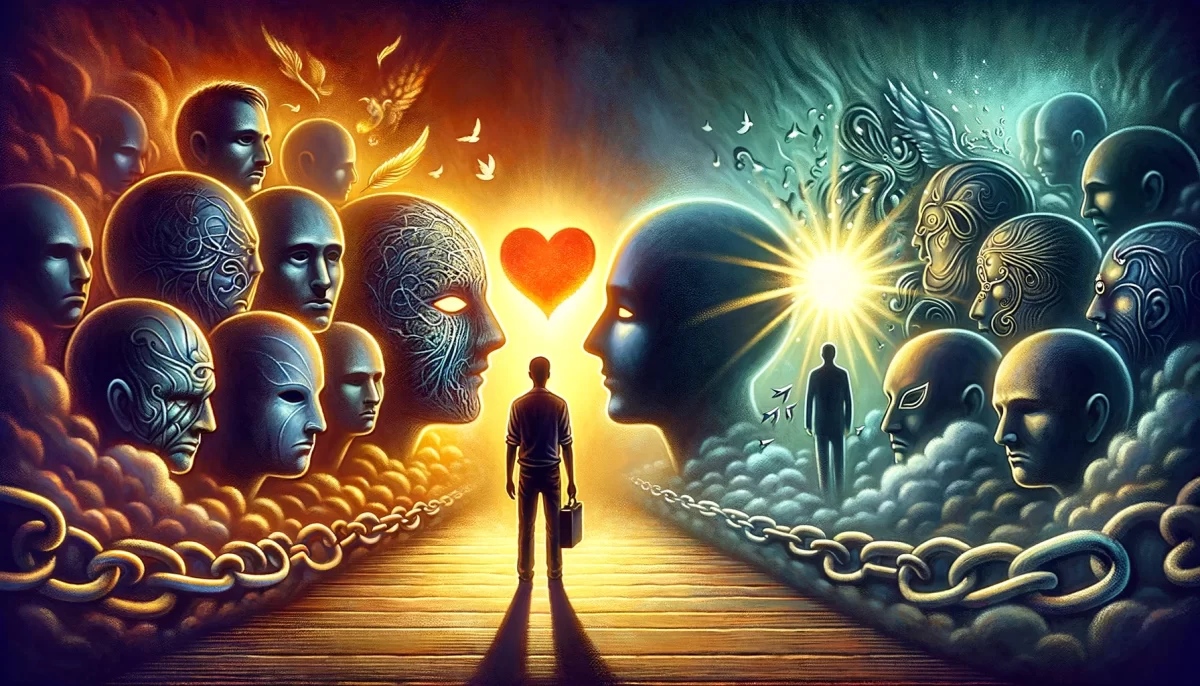
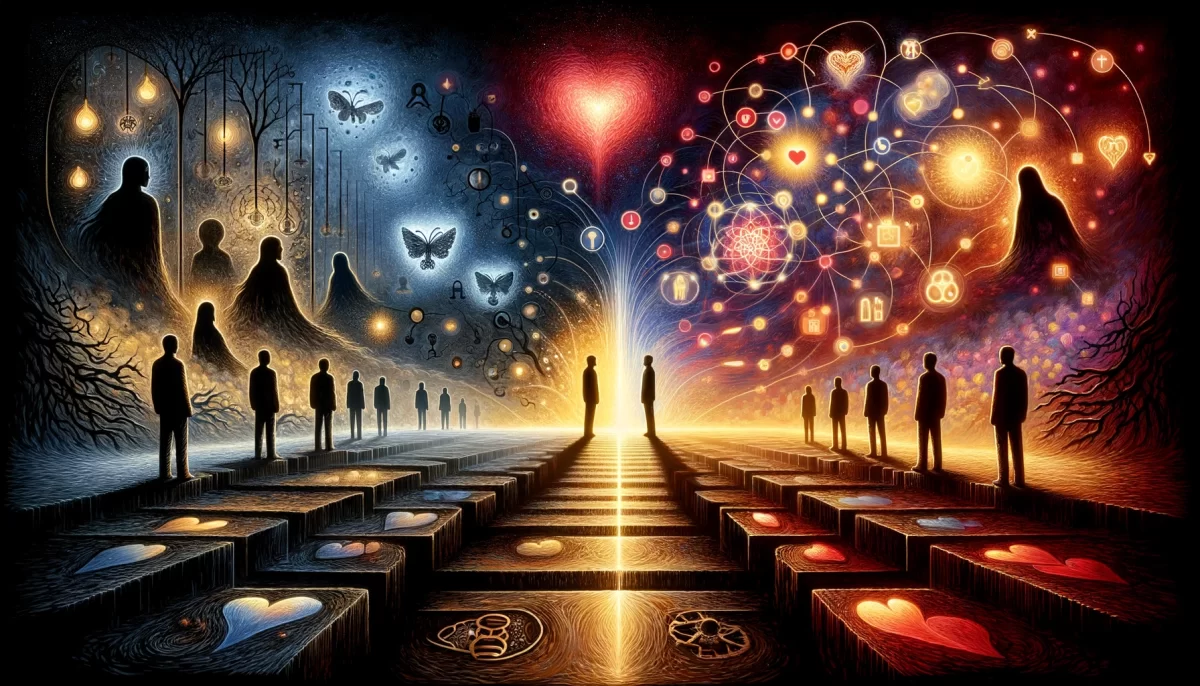
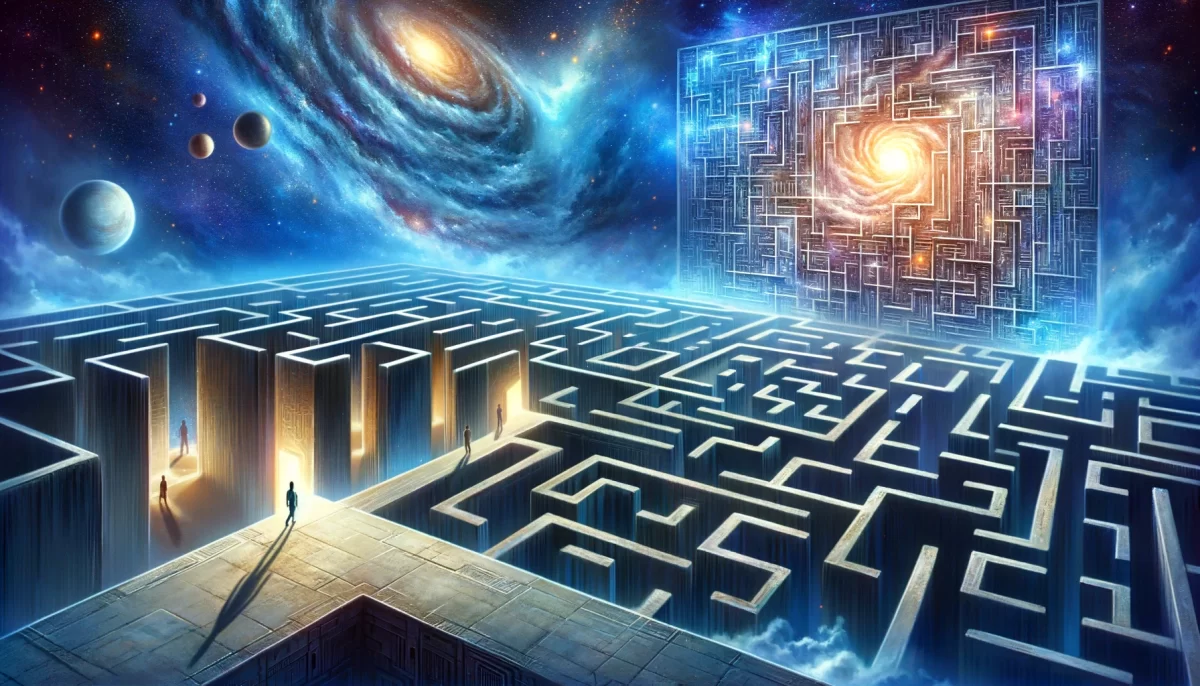
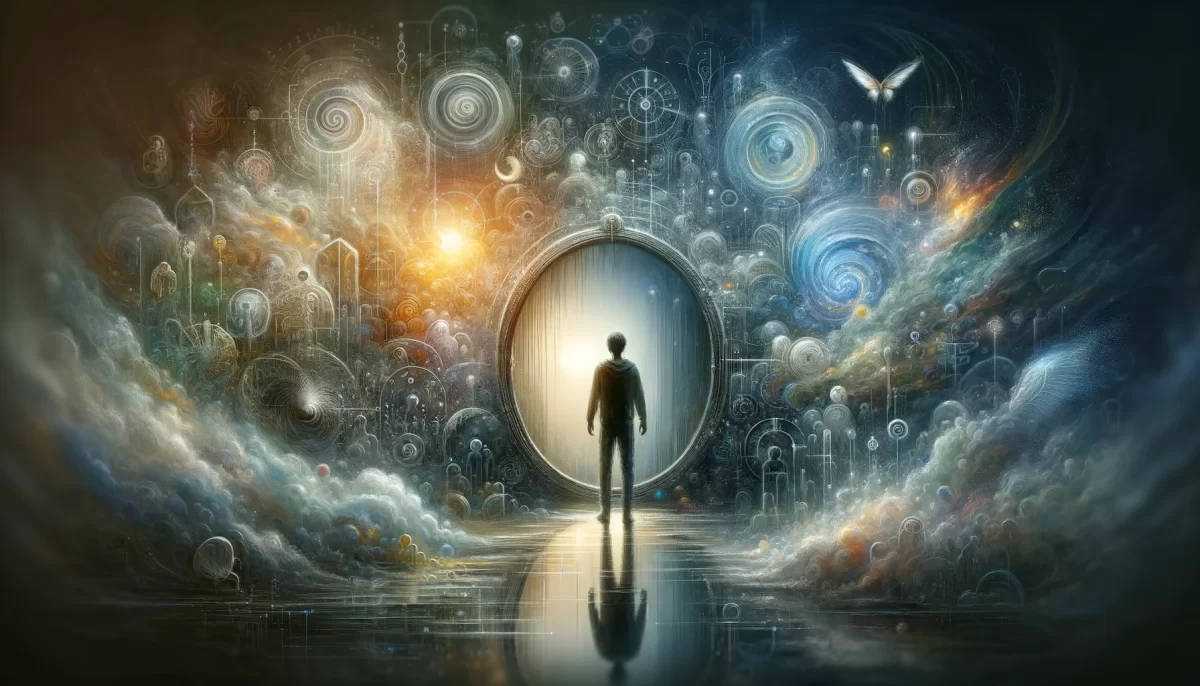
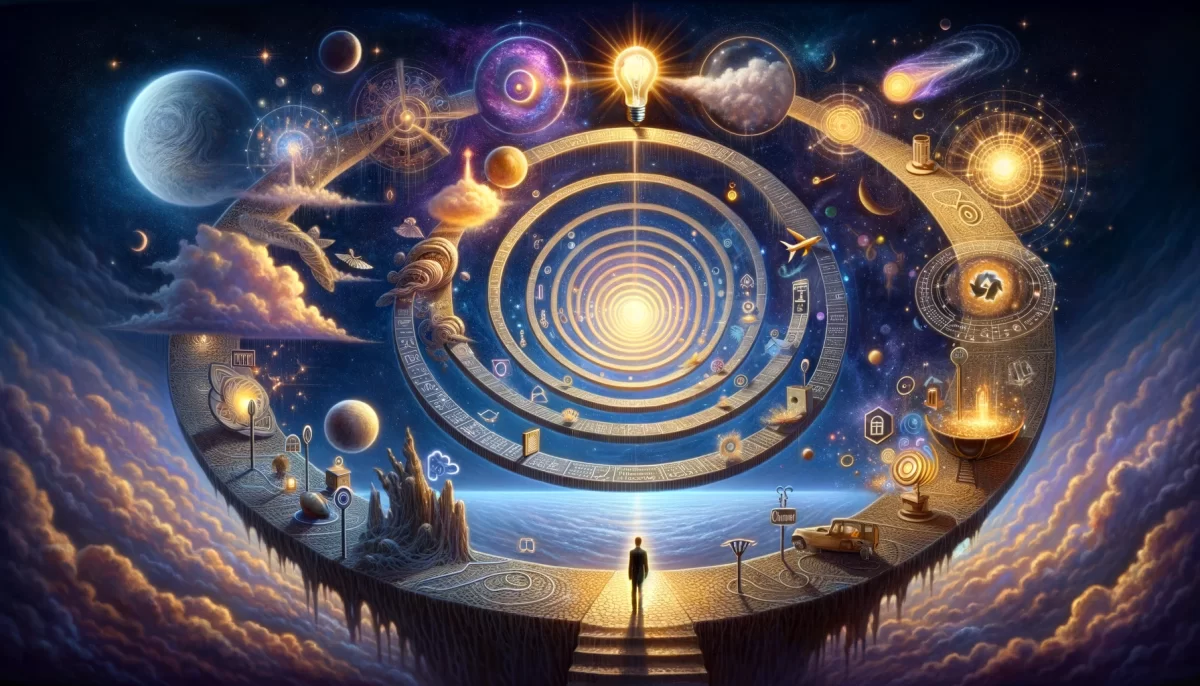
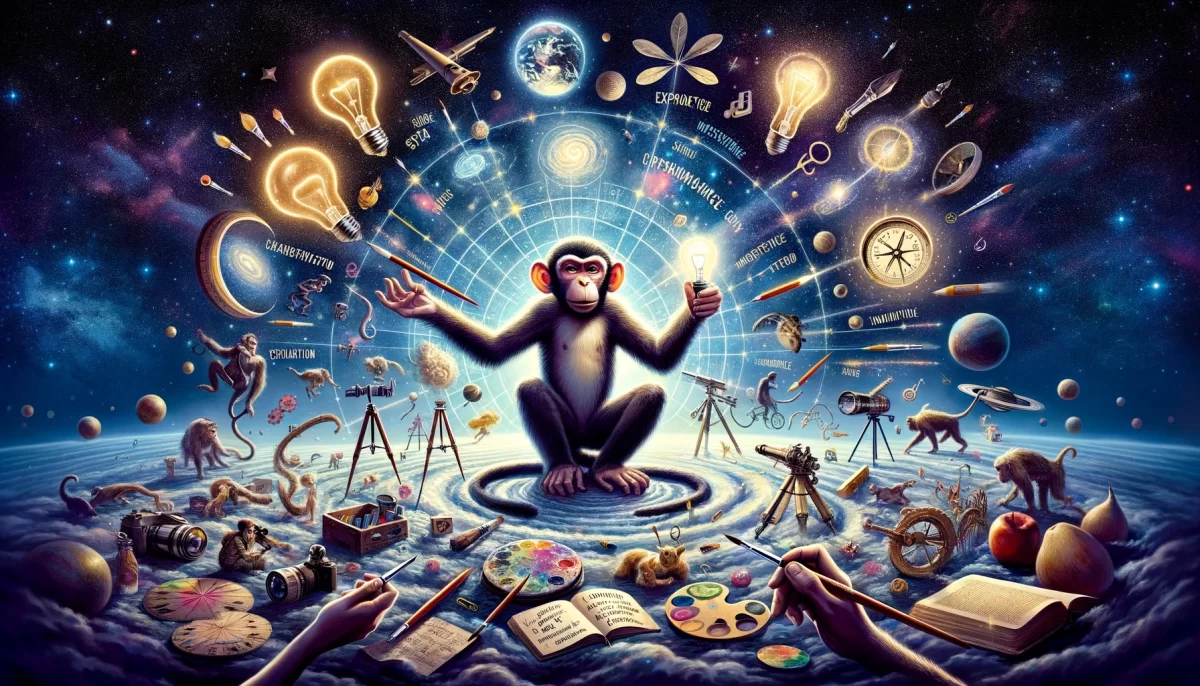
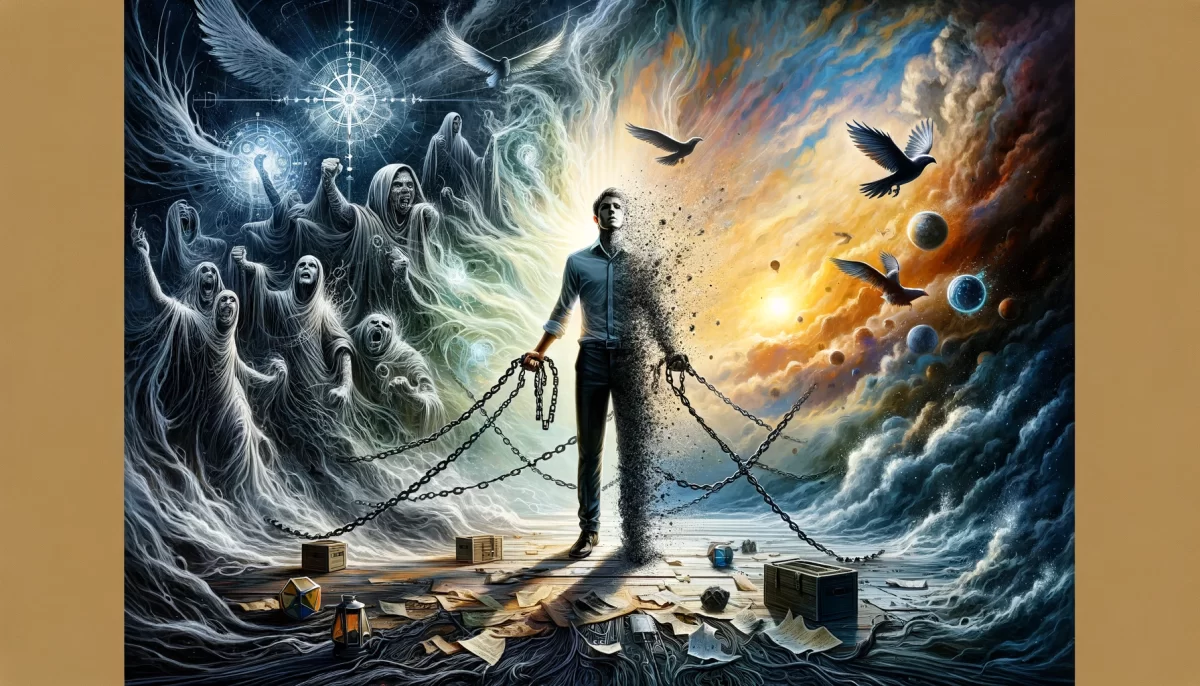
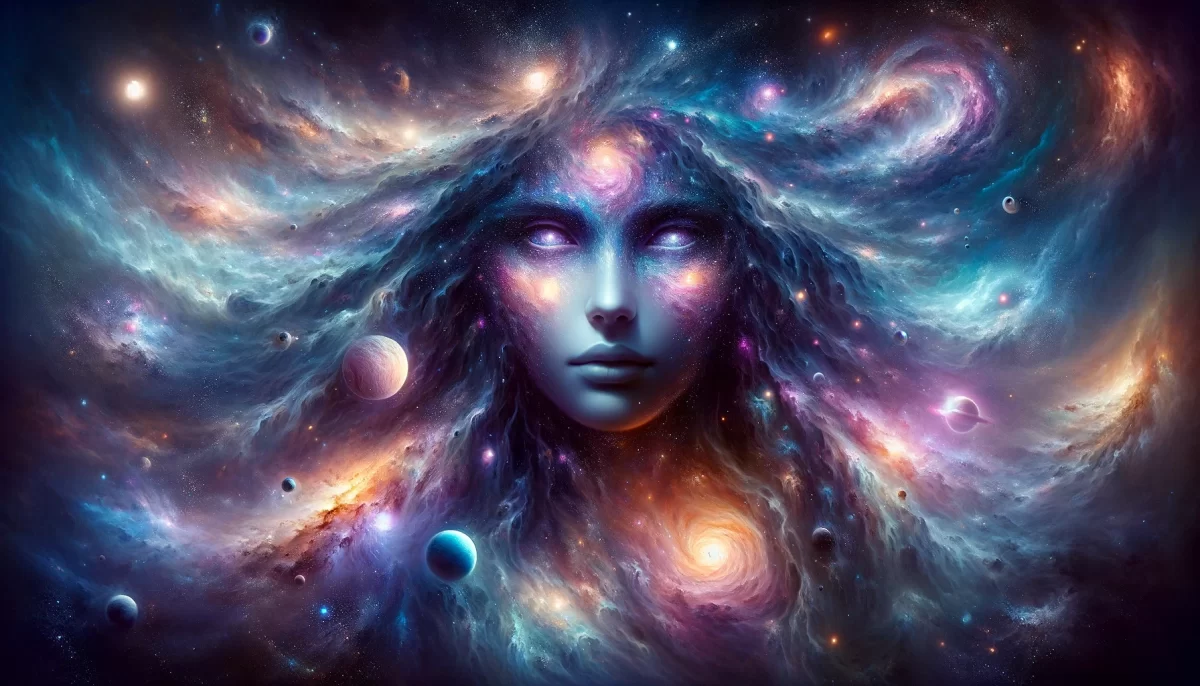
Leave a Reply